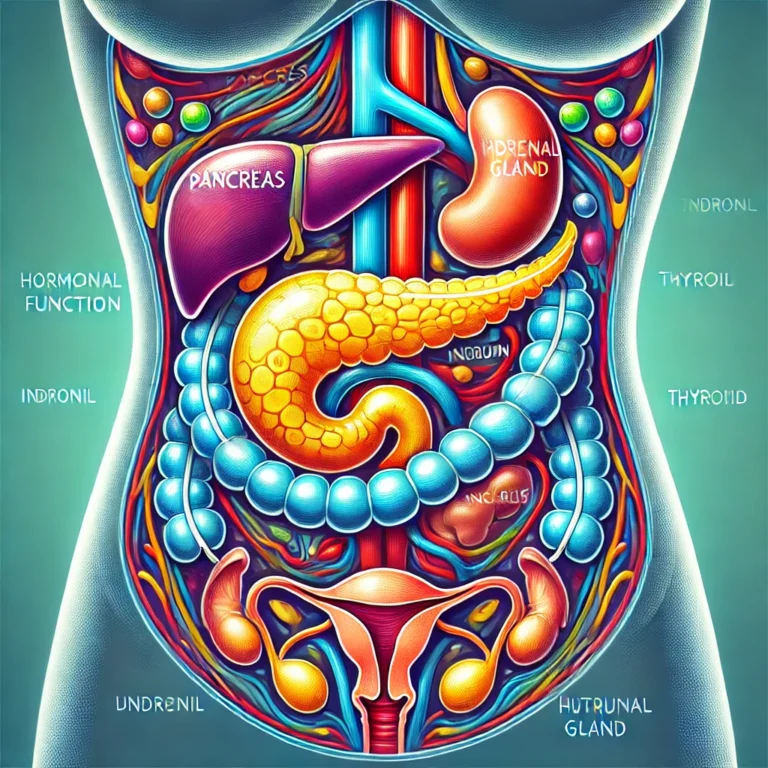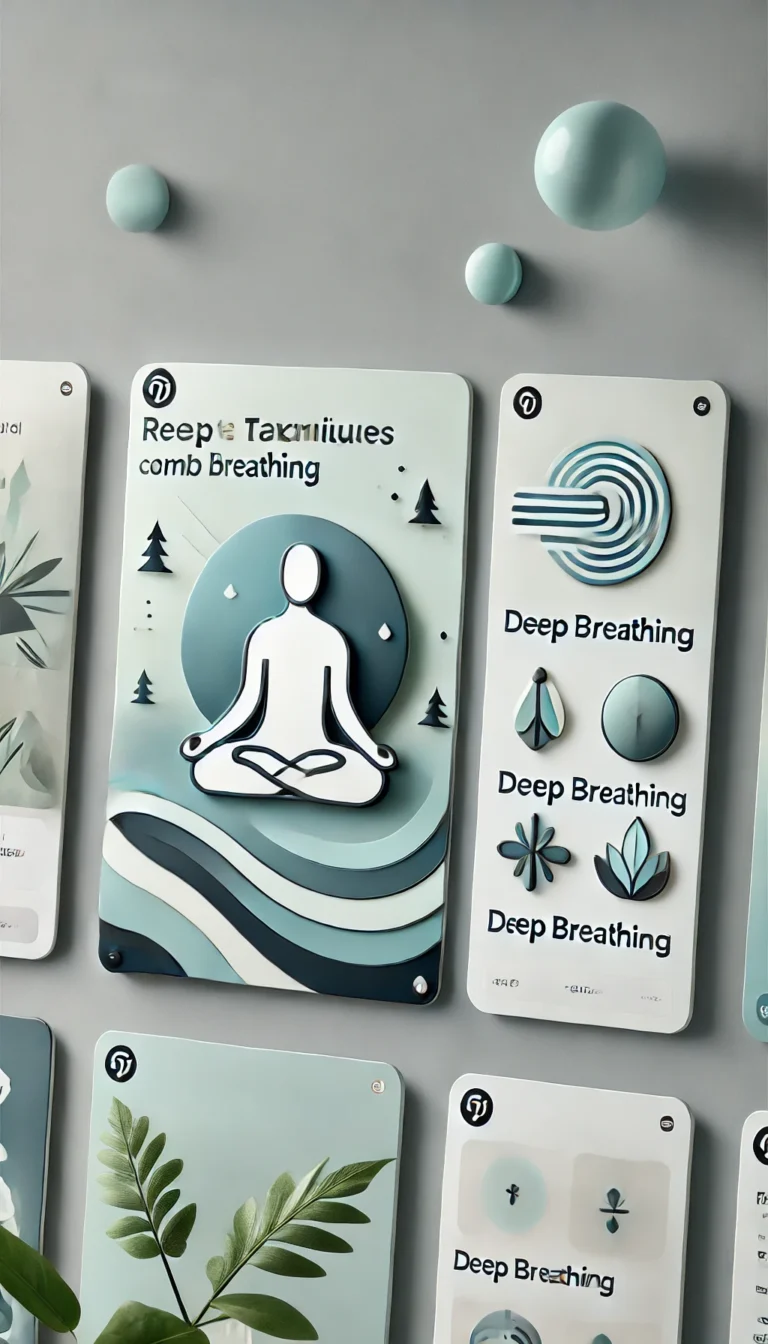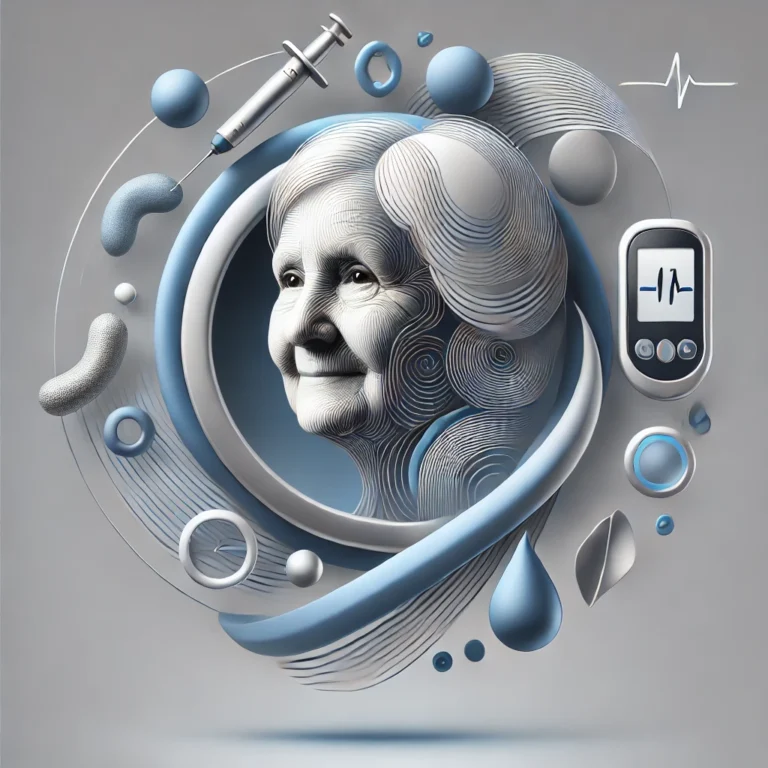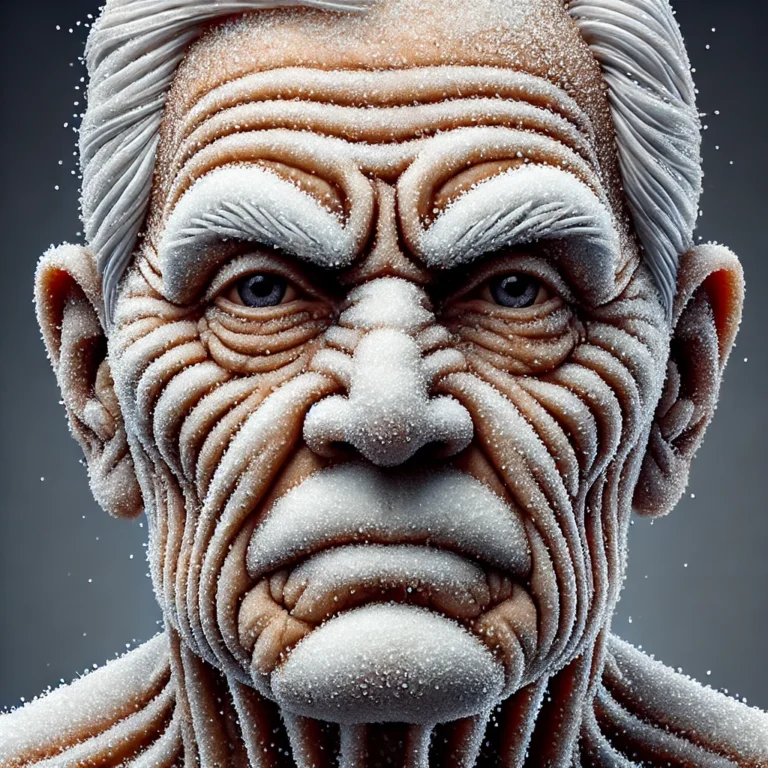*This post may contain affiliate links for which I earn commissions.*
Aging is an inevitable part of life, but did you know it picks up speed at 44 and 60? These pivotal ages mark common transitions most of us will experience. At 44, you might notice those first deep lines or feel that extra bit of fatigue after a long day. By 60, changes often include slower metabolism and, unfortunately, even more wrinkles. The good news? You can slow this process down. In this post, you’ll uncover practical ways to age more gracefully, keeping your mind sharp and your body healthier for years to come. Stay with us to learn how to make the most of these vital years. Aging is a natural part of life, much like the changing seasons. Yet, for many, it remains a mystery. By understanding the biology behind aging, we can demystify this process and even slow it down. Below, we explore the core biological elements that drive aging, particularly around the ages of 44 and 60.
Cellular Senescence
Imagine your cells as tiny machines, working tirelessly to keep your body running smoothly. Over time, some of these machines wear out and stop working—this is cellular senescence. When cells enter this state, they stop dividing and start releasing harmful substances. It’s like having old, rusting cars polluting the lot, affecting the newer models.
Cellular senescence is a double-edged sword. It helps prevent the spread of damaged cells, acting as a defense mechanism. But as more cells become senescent, it contributes to aging. The accumulation of these cells can lead to various age-related problems, including:
- Tissue deterioration: As more cells cease to function properly, tissues lose their strength.
- Chronic inflammation: Senescent cells release substances that can promote inflammation, affecting overall health.
- Increased risk of diseases: The body’s ability to repair and regenerate diminishes, raising susceptibility to diseases.
Telomere Shortening
Telomeres are like the protective tips on shoelaces, preventing the ends of chromosomes from fraying. They play a crucial role in how many times a cell can divide. Each time a cell divides, telomeres get a little shorter—imagine them as an internal clock counting down.
As telomeres shorten, it becomes harder for cells to divide. Eventually, they become so short that the cell can no longer replicate, leading to cellular aging and senescence. This process is like an hourglass, where time is measured by the dwindling length of telomeres. Short telomeres have been linked to:
- Reduced cellular lifespan: They signal the end of a cell’s ability to divide and function.
- Higher risk of age-related diseases: Conditions like heart disease or diabetes are associated with shorter telomeres.
- Accelerated aging: Shorter telomeres may speed up the overall aging process.
Hormonal Changes
Hormones are the body’s chemical messengers, regulating everything from growth to mood. However, as we age, hormone levels change and can throw off our body’s balance. Significant shifts typically occur around ages 44 and 60.
- Around age 44: People may experience changes in levels of testosterone in men and estrogen or progesterone in women. These shifts can lead to early aging signs like decreased muscle mass, mood swings, and fatigue.
- At age 60: There is often a more pronounced change in hormones like thyroid and adrenal hormones. This can affect energy levels, metabolism, and bone density, sometimes making life feel like trudging uphill with a pack on your back.
Understanding these changes can empower you to manage them better. It makes these milestones not just numbers on a page, but signals for adjusting lifestyle or seeking medical advice, like getting periodic health checks—after all, knowledge is power.
By recognizing these biological processes, this phase of life becomes less daunting. With a closer look at what lies beneath the surface, it’s clear that aging is not just a matter of years passing by, but a complex web of changes happening at the cellular level.
Common Signs of Rapid Aging
Aging is a natural part of life, and it’s something everyone goes through. However, some people notice changes more suddenly, especially around the ages of 44 and 60. Let’s explore what signs to look out for during these times and how they might impact your daily life.
Physical Appearance Changes
One of the first signs of aging we often notice is in the mirror. Wrinkles can start to appear more prominently, especially around the eyes and mouth. This happens because the skin loses elasticity—it’s like a rubber band that doesn’t snap back as quickly as it used to.
Gray hair is another common sign. The body’s ability to produce pigment slows down, and hair naturally turns silver or white. These changes aren’t just about looks; they’re reminders that the body is experiencing deeper changes beneath the surface.
Cognitive Decline
Our brains age, too, and this can mean facing issues like memory loss or slower thinking. Ever walk into a room and forget why you went there? That might happen more often. It’s like your brain is a computer running with too many tabs open—it can still process, but it takes a bit longer.
Signs of cognitive decline might include forgetting names, misplacing items more frequently, or taking longer to learn something new. While it’s normal, it can feel frustrating and even a little scary. It’s crucial to stay mentally active, just as you’d keep your body moving.
Decreased Energy Levels
Feeling tired more often? It’s common as we age. During your 40s and 60s, you might notice a drop in overall energy levels. Tasks that once felt easy might now feel like running a marathon. Think of your energy as a rechargeable battery—it just doesn’t hold the charge as long as it used to.
Staying active, eating well, and getting enough rest can help manage these changes. While it’s tempting to slow down, keeping up some physical activity can actually boost energy. Consider it like keeping an old engine in shape—the more you use it, the better it runs.
Recognizing these signs early can help you adjust and prepare. Aging is a journey, and with awareness, it can be a more pleasant experience.
Lifestyle Factors Influencing Aging
Aging is one of life’s mysteries. While we can’t avoid the years passing, how we live can make all the difference in how we age. From what we eat to how we handle stress, lifestyle choices can speed up or slow down this process.
Nutrition and Diet
What you put on your plate is like fuel for your body. The right diet can be a powerful tool to slow aging. Imagine your body is a car; the better the fuel, the smoother the ride. Foods packed with vitamins, minerals, and antioxidants help keep your body running smoothly and your skin looking vibrant.
Here are some foods you might want to include:
- Leafy Greens: Spinach and kale are like nature’s multivitamins.
- Berries: Blueberries and strawberries are loaded with antioxidants.
- Nuts and Seeds: Almonds and sunflower seeds offer healthy fats and protein.
- Fish: Rich in omega-3, fish like salmon support brain health.
It’s not just about what you eat. How much you eat matters too. Overeating can lead to weight gain, which impacts heart health and mobility as we age. Portion control is your friend here.
Physical Activity
Exercise is more than just a way to look good. Think of it as a youth elixir. Regular physical activity keeps your muscles strong, your heart healthy, and your mind sharp. It’s like oiling the gears of a machine to keep them running smoothly.
Consider adding these activities to your routine:
- Walking: Simple and effective for everyone.
- Strength Training: Builds muscle and boosts metabolism.
- Yoga: Improves flexibility and reduces tension.
- Swimming: Great for joints and cardiovascular health.
Consistency is key. Even a small amount of daily exercise can slow down the aging process. Find something you enjoy, and it won’t feel like a chore.
Stress Management
Stress is a silent thief, robbing you of your youth and vitality. Picture stress as a storm battering your ship. Without control, it can wear you down. Chronic stress releases hormones that speed up aging, weakening your immune system and even affecting memory.
Here are techniques to calm the storm:
- Mindfulness Meditation: Helps focus the mind and reduce anxiety.
- Deep Breathing: Simple exercises to calm the nervous system.
- Hobbies: Engaging in activities you love can offer a mental escape.
- Socializing: Spending time with friends and family provides support and laughter.
Managing stress isn’t just about removing negative things from your life. It’s about fostering positive experiences that help you feel energized. Consider what makes you happy and incorporate more of that into your daily routine.
In choosing wisely how you live—through what you eat, how you move, and how you handle life’s pressures—you unlock the potential to age gracefully. These choices are not mere habits but investments in your future self.
Scientific Approaches to Slowing Aging
As humans, we often find ourselves racing against the clock. But what if there were ways to hit the brakes on aging, even just a little? Science might not offer a fountain of youth, but researchers are exploring promising paths that could help us slow down the sands of time. Let’s dive into some cutting-edge approaches that might change how we experience aging.
Caloric Restriction and Fasting
Caloric restriction and intermittent fasting have grabbed the spotlight among scientists. Studies show that reducing caloric intake, without malnutrition, may extend lifespan. It’s like putting your body into a power-saving mode. Researchers have found that animals on a caloric restriction diet live longer, and now they are investigating if humans might benefit too.
Intermittent fasting, which involves cycling between periods of eating and fasting, is another hot topic. This method may help with cellular repair and metabolic health. Imagine it as giving your body a break from the constant demands of digestion. While more research is needed, many believe these dietary changes could be part of the solution to aging gracefully.
Genetic Research
Our genes hold the secret codes to how we age. By understanding genetics, scientists can develop strategies for age management. Gene therapy, for instance, aims to fix or replace faulty genes that contribute to aging.
There are also exciting discoveries with telomeres, the protective caps on our DNA strands. When these caps wear down, cells age. By learning how to preserve them, we might find ways to keep our cells younger for longer. It’s like discovering the keys to the locks on the secrets of aging.
Anti-Aging Therapies
Emerging therapies offer hope for slowing aging and enhancing our golden years. These include stem cell therapy, hormone treatments, and senolytics—drugs that target and remove aging cells.
- Stem Cell Therapy: This involves using our body’s master cells to repair or replace damaged tissues.
- Hormone Treatments: Restoring hormonal balance could potentially slow down aging effects.
- Senolytics: By eliminating cells that contribute to aging, these drugs may improve health span.
Each of these therapies is in various stages of research, but they all hold promise. Imagine them as new tools in a toolbox designed to tackle the challenges of aging.
As we continue to uncover the science of aging, these approaches offer a glimpse into a future where aging isn’t something to fear but something we can manage. Each discovery brings us closer to understanding how we might slow down the clock and live healthier, longer lives.
Practical Tips for Slowing Aging
We all want to feel youthful and energetic as we age. While you can’t stop time, you can definitely slow it down with some practical lifestyle changes. Here’s how you can make adjustments to your habits to help ease the aging process.
Establish a Balanced Diet
Your diet is like the fuel for your body’s engine. What you eat can really impact how you feel and age. Consider these dietary changes to support longevity:
- Add colorful fruits and vegetables: They’re packed with antioxidants that fight off harmful free radicals.
- Choose whole grains over processed grains: Whole grains help regulate blood sugar and keep energy levels steady.
- Opt for lean proteins like chicken, fish, and plant-based proteins to maintain muscle mass.
- Stay hydrated: Drinking plenty of water boosts skin health and helps with digestion.
Eating a balanced diet is like laying a solid foundation for a healthy life.
Incorporate Regular Exercise
Your body thrives on movement. Exercise isn’t just about staying fit; it’s a major player in slowing down aging. Here are some ideal activities:
- Walking and jogging: These are excellent for cardiovascular health, and they’re easy on the joints.
- Strength training: Lifting weights helps maintain bone density and muscle mass, which are crucial as you age.
- Yoga and Pilates: These practices enhance flexibility and balance, reducing the risk of falls and injuries.
- Swimming: A full-body workout that’s gentle on the body, perfect for those seeking low-impact exercise.
Regular exercise is like oiling the gears of your body, ensuring everything runs smoothly.
Embrace Mental Wellness
Your mind is just as important as your body. Keeping your brain active and reducing stress can dramatically affect how you age. Consider these methods:
- Practice mindfulness and meditation: These techniques can reduce stress and improve focus.
- Engage in puzzles and brain games: They keep your mind sharp and improve cognitive function.
- Stay socially connected: Regular interaction with friends and family boosts mood and reduces feelings of loneliness.
- Prioritize sleep: Aim for 7-9 hours per night to allow your brain and body to recharge.
Think of mental wellness as the compass guiding your journey towards graceful aging.
Making these lifestyle changes might feel challenging at first, but they can significantly slow down the aging process, keeping you youthful and vibrant well into your later years.
Conclusion
Aging is an inevitable part of life, especially as we hit those pivotal ages of 44 and 60. But it doesn’t mean we have to surrender to it.
By adopting healthy habits like regular exercise, a balanced diet, and mental stimulation, we can slow down the aging process and maintain our vitality.
Mindfulness and stress management are equally crucial. They not only boost longevity but enhance the quality of life.
Start now by making small, consistent changes. You’ll be investing in a healthier future.
What steps will you take today to ensure a vibrant tomorrow? Share your thoughts and strategies below. Your journey could inspire many others.






